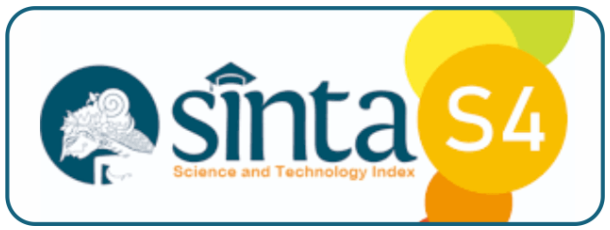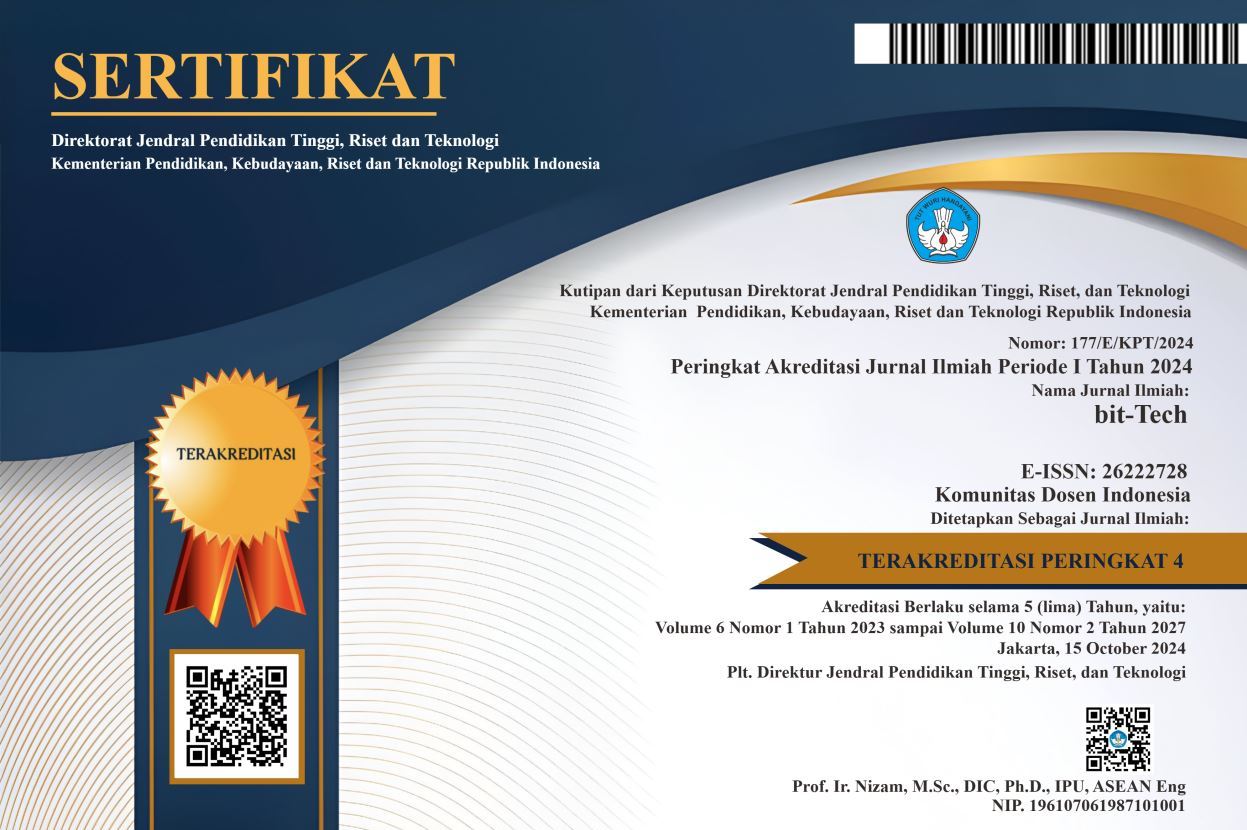Twitter Opinion Mining Analysis of Web-Based Handphone Brand Using Naïve Bayes Classification Method
DOI:
https://doi.org/10.32877/bt.v4i2.287
Keywords:
Social Media, Twitter, Handphone, Sentiment Analysis, Naïve Bayes Classification Method
Abstract
Social Media is now very commonly used for the benefit of society. People mostly use social media to convey information, give opinions, even for media to express themselves. One of the social media that is widely used to convey this information is Twitter. From the use of Twitter, a public opinion tweet emerged about a mobile phone product. The more that is posted on Twitter about cellphones, the more public opinion will arise about cellphone brands. From these opinions, a classification is needed that can distinguish Neutral, Negative, or Positive Opinions. Sentiment analysis or opinion mining is one part of text mining that can help with these problems. In connection with the above, an application is designed that can analyze sentiment analysis from Twitter using the Naïve Bayes classification method. The results of the application of the Naïve Bayes classification method will result in a classification of sentiments into neutral, negative, or positive opinions
Downloads
Downloads
Published
How to Cite
Issue
Section
License
I hereby assign and transfer to bit-Tech all exclusive copyright ownership rights to the above work. This includes, but is not limited to, the right to publish, republish, downgrade, distribute, transmit, sell, or use the work and other related materials worldwide, in whole, or in part, in all languages, in electronic, printed, or any other form of media, now known or hereafter developed and reserves the right to permit or license a third party to do any of the above. I understand that this exclusive right will belong to bit-Tech from the date the article is accepted for publication. I also understand that bit-Tech, as the copyright owner, has sole authority to license and permit reproduction of the article. I understand that, except for copyright, any other proprietary rights associated with the work (e.g. patents or other rights to any process or procedure) must be retained by the author. In addition, I understand that bit-Tech permits authors to use their papers in any way permitted by the applied Creative Commons license.


 DOI :
DOI :
 Abstract views: 326
/
Abstract views: 326
/  PDF downloads: 203
PDF downloads: 203











